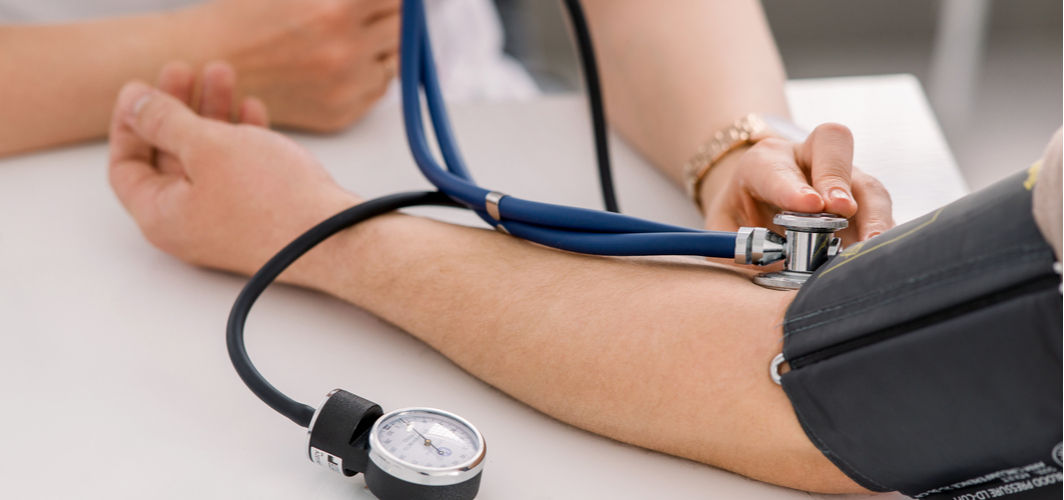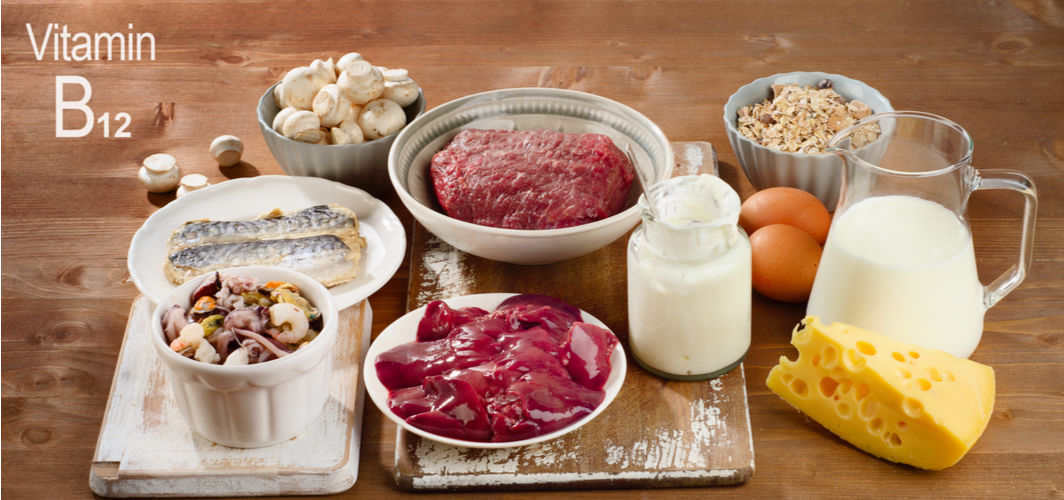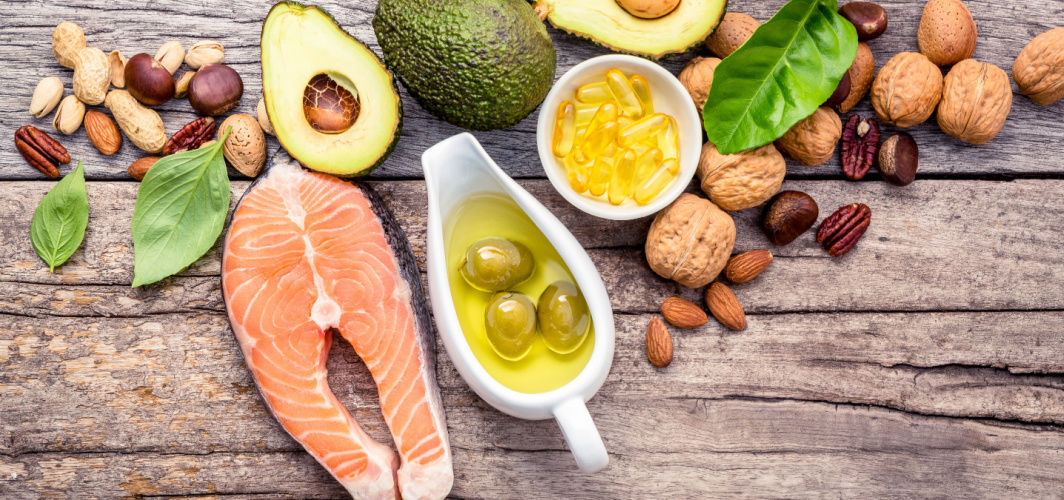General Health
Keeping High Blood Pressure In Check Is The Most Important Thing To Do! Here’s Why
4 min read
By Apollo 24|7, Published on - 06 June 2022, Updated on - 28 July 2023
Share this article
0
22 likes

High blood pressure, also known by its medical name hypertension, is a growing problem in India. The National Family Health Survey conducted in 2017 found that one out of every 8 Indians suffer from high blood pressure in India. Despite this, not many people are well aware of the harmful effects of this condition on their overall health and wellbeing. The article describes what hypertension is, why it happens, and proven ways to manage it in detail below.
Understanding high blood pressure
Blood pressure refers to the pressure exerted by the circulating blood against the walls of your blood vessels, especially arteries. When the blood pressure against your arterial walls is consistently high, you have a condition called hypertension. The force exerted by the blood depends on the amount of blood pumped by the heart and the resistance offered by the arteries.
Blood pressure is measured in millimetres of mercury (mm Hg). A blood pressure reading has two numbers; the top number called systolic pressure and the bottom number called diastolic pressure.
- Systolic pressure: Represents the pressure in arteries when the heart beats.
- Diastolic pressure: Refers to the pressure in your arteries between the heartbeats.
A person is said to have hypertension if they have a blood pressure consistently higher than 140/90 millimetres of mercury (mm Hg). Uncontrolled hypertension is a major risk factor for cardiovascular (heart) disease, heart attack, and stroke.
What are the symptoms of high blood pressure?
Most people with high blood pressure do not exhibit any symptoms initially. However, it is still damaging their arteries and heart. That is why the condition is often referred to as a “silent killer”. Symptoms that may be experienced include:
- Early morning headaches

- Shortness of breath
- Irregular heart rhythm (arrhythmia)
- Nosebleeds
- Double or blurred vision
In severe cases, a person may experience sweating, confusion, anxiety, chest pain, and sleeping problems.
What causes high blood pressure?
Depending on the underlying cause, high blood pressure can be classified into:
1. Primary hypertension: Also known as essential hypertension, it is not caused by any identifiable disease or condition. It usually develops over several years. Factors associated with increased risk of primary hypertension include:
- High intake of salt
- Smoking
- Alcohol consumption
- Low levels of physical activity
- Excessive consumption of saturated fats and trans fats
2. Secondary hypertension: It is a result of a pre-existing medical condition. Conditions that can cause secondary hypertension include:
- Diabetes
- Obesity
- Thyroid disorders (hyperthyroidism)
- Sleep apnoea
- Pregnancy
- Benign tumour of the adrenal gland (Cushing’s syndrome)
- Hyperactivity of the parathyroid gland (Hyperparathyroidism)
Why is high blood pressure considered dangerous?
Over time, high blood pressure can damage arteries, lower the heart’s ability to pump blood efficiently and impede the flow of blood and oxygen to the vital organs. These changes may increase the risk of serious health problems such as:
- Heart attack
.jpg)
- Stroke
- Heart failure
- Aneurysm, a condition characterized by weakening and bulging of arteries
- Dementia
- Cognitive decline
- Kidney disease
- Kidney failure
How can you reduce the risk of high blood pressure?
There are certain proven measures you can follow to reduce your risk of high blood pressure. Some of those are:
- Eat more fresh fruits and vegetables.
- Avoid the intake of foods rich in saturated fats.
- Limit salt intake to not more than 5 grams per day.

- Lose and maintain a healthy body weight.
- Practise any physical activity for at least 30 mins every day.
- Quit smoking and other tobacco products.
- Lower or avoid alcohol consumption.
- Practice stress management with yoga and meditation.

- Check blood pressure regularly.
- Manage pre-existing medical conditions.
High blood pressure is a common medical condition that affects crores of people in India and all over the world. The condition occurs when the force applied by the blood against the arterial walls is consistently high. Over time, the high force can narrow and harden the arteries and restrict the flow of blood to the heart. Eventually, increasing the risk of heart failure, heart attack, and stroke. Therefore, one must follow the aforementioned precautionary measures to prevent the complications of high blood pressure.
Need to consult a specialist?
Medically reviewed by Dr Sonia Bhatt.
General Health
Leave Comment
Recommended for you

General Health
Vitamin B12: Frequently Asked Questions
Vitamin B12 is an essential nutrient that is required for the production of healthy blood and nerve cells.

General Health
Fish Oil Vs Plant-Based Omega-3: Which Is Better?
Discover the pros and cons of fish oil and plant-based Omega-3 sources. Make informed dietary decisions for your health and well-being.

General Health
10 Interesting Facts About Poop You Didn’t Know
Poop may not be the most pleasant subject, but it's interesting. Understanding your poop is essential for your overall health. This article highlights the 10 most interesting facts about poops that you should know.
Subscribe
Sign up for our free Health Library Daily Newsletter
Get doctor-approved health tips, news, and more.
Visual Stories

Could There Be More to Your Snore?
Tap to continue exploring
Recommended for you

General Health
Vitamin B12: Frequently Asked Questions
Vitamin B12 is an essential nutrient that is required for the production of healthy blood and nerve cells.

General Health
Fish Oil Vs Plant-Based Omega-3: Which Is Better?
Discover the pros and cons of fish oil and plant-based Omega-3 sources. Make informed dietary decisions for your health and well-being.

General Health
10 Interesting Facts About Poop You Didn’t Know
Poop may not be the most pleasant subject, but it's interesting. Understanding your poop is essential for your overall health. This article highlights the 10 most interesting facts about poops that you should know.